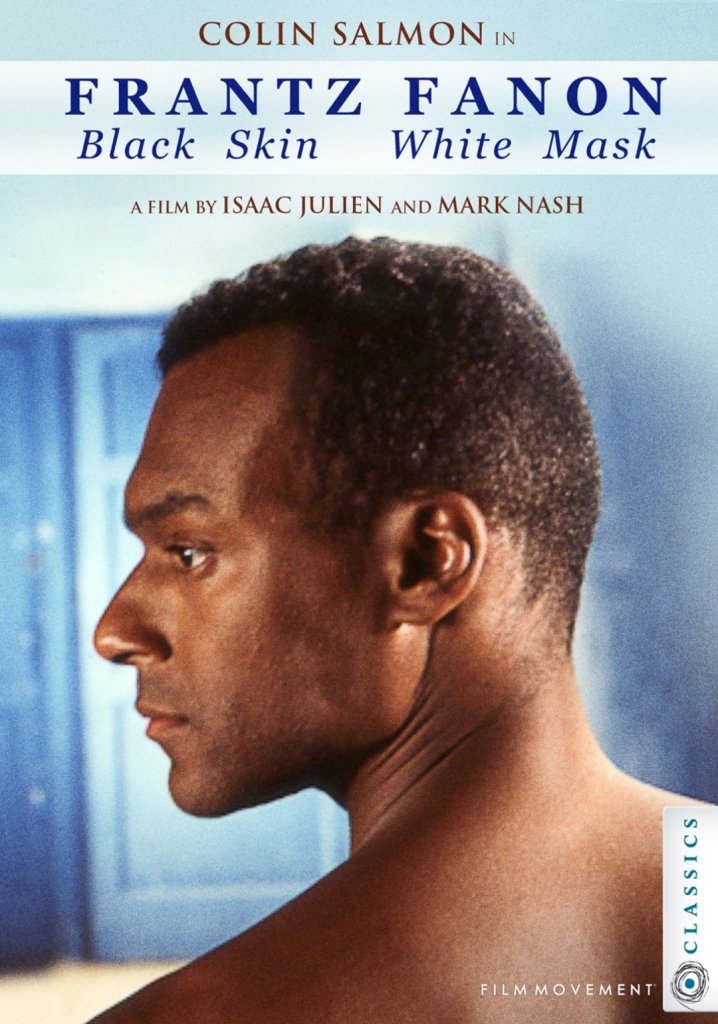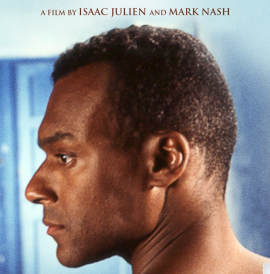
I think I first learned about Frantz Fanon several years ago when a documentary about him (which I still haven’t seen) hit the Criterion Channel. Traditional psychology has generally been pretty bad about considering black folks, and I’ve been interested for a while in the intersection of mental health and black culture in movies. Fanon, I learned from the movie description, was a black man and a psychiatrist, born in Martinique and educated in Paris. He went on to do much of his work in Algeria during their bloody fight for independence from France.
Reading more about Fanon, I found he was almost always described with words like “important” and “influential,” especially for his ideas on racial identity and decolonization. I had just finished a graduate program in psychology a few years before, and one that took every opportunity to brag about its emphasis on diversity. But despite this, I had never heard of Frantz Fanon! My curiosity was piqued.
More recently, I stumbled across a comment that his book “The Wretched of the Earth” set out an argument that justified violence by colonized people against their oppressors. (Side note: I didn’t actually find any such argument in the book, though Fanon does take for granted that it’s ok for people to use violence to liberate themselves from an oppressive situation). With my curiosity newly inflamed, I got my hands on a copy of the audiobook, translated by Constance Farrington, and started listening.

Almost at once my interest evaporated. The book is front-loaded with embarrassingly bad anthropology. Fanon seems to suggest that colonized people (all colonized people, regardless of time or place) do things like dance or believe in ghosts because of some psychic conflict that’s wrought by colonialism. This obviously ignores the fact that some of these traditions very likely predate colonialism.1 (I’m not a historian or an anthropologist, so please correct me if I’m wrong).
It’s also emblematic of my main complaint about the book. Fanon talks in grand, sweeping generalizations. All colonial powers have the same agenda, all colonized people have the same experience, all cities are one way, and all rural areas another. Occasionally he will refer to specific examples, but he doesn’t seem to care about arguing his point beyond simply stating it. He almost never cites other thinkers (whether they agree or disagree) and certainly never incorporates quantitative evidence. He just rambles on and on, claiming this and that, and apparently assuming his ideas will be accepted without further question.
Fanon was a Marxist, and his tendency towards generalizations is characteristic of the few other Marxist writers I’ve read, especially around this period. They seem impressed with their theory of the world and uninterested or unaware that others might need convincing2.
It’s also an odd fit for Fanon’s other ideological stances. Psychology, as opposed to, say, sociology, is very interested in the particulars of individual people. One of the few interesting parts of the book were the psychiatric case studies of individuals suffering under colonialism. This is one of the only places where Fanon allows himself to zoom in to the particulars.
But also, Fanon argues persuasively against the idea of a general African or black culture. This idea, says Fanon, actually plays into the colonial mindset. It was white outsiders who came in and essentialized everyone as “black” without paying any attention to differences in culture and history. Despite making this point very well, he continues to talk about colonized people as if there were one solution that would serve all of them.
I glazed over for much of the book. The Wikipedia article is probably a much better resource if you’re interested in Fanon’s ideas. (It also shows that others were able to get much more out of the book than I was). But I did want to end by highlighting a couple of quotes and ideas from the text that I really appreciated3.
“It is commonly thought with criminal flippancy that to politicize the masses means from time to time haranguing them with a major political speech… But political education means opening up the mind, awakening the mind, and introducing it to the world. It is as Césaire said: ‘To invent the souls of men.’ It means driving home to the masses that everything depends on them, that if we stagnate the fault is theirs, and that if we progress, they too are responsible, that there is no demiurge, no illustrious man taking responsibility for everything, but that the demiurge is the people and the magic lies in their hands and their hands alone. In order to achieve such things, in order to actually embody them, we must, as we have already mentioned, decentralize to the utmost.”
Out of context this almost sounds like a call for anarchism! But Fanon quickly goes on to assert that his system would still have hierarchy. It’s just that the “upper echelons” would understand that their work depends on the work of the “rank and file.” Still, I like the point that if you want somebody to have more political consciousness, it’s not enough to occasionally talk at them.
“A memorable example, and one that takes on particular significance because it does not quite involve a colonial reality, was the reaction of white jazz fans when after the Second World War new styles such as bebop established themselves. For them jazz could only be the broken, desperate yearning of an old “Negro,” five whiskeys under his belt, bemoaning his own misfortune and the racism of the whites.”
I don’t know anything about jazz, but I do know about movies, this reminds me of some of the conversations around “black tragedy porn.” The overwhelmingly white film ecosystem will sometimes congratulate itself for making the occasional film about black people. But even when these films aren’t outright racist, and even when they don’t feature white saviors or other problematic tropes, they often heavily emphasize the tragedies that black people face due to racism. So even among white people willing to acknowledge racism, there are still ways to get it wrong.
Anyway, that’s all for now. I didn’t like this book, though it led me to some interesting ideas. We’ll see if I ever get around to that documentary about Fanon’s life.
- Fanon does have seem to have a larger theory about history that I failed to fully grok. Something about how utterly colonialism reshaped people’s lives, and what this means for formerly colonized folks who try to create their own culture. Maybe if I better understood this theory I’d have less objection to his seemingly bad anthropology. ↩︎
- Not trying to knock Marxists in general! A lot of Marxists have done really cool things! But I don’t think mid-20th century nonfiction writing is a good place to start engaging with them. ↩︎
- Unfortunately these are from a different translation. I couldn’t find an easy to access, online version of Farrington’s translation, which I prefer, at least based on the phrasing in these quotes. ↩︎

Leave a Reply